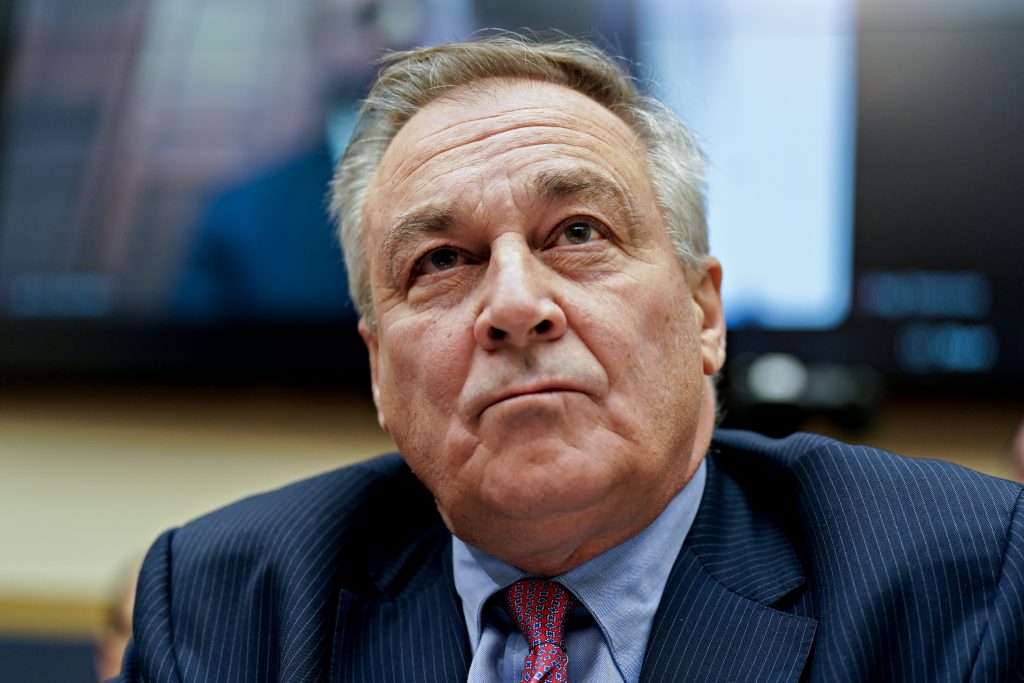Key Points:
- FTX chief executive accuses founder Bankman-Fried of peddling false claims about the harm caused by FTX’s collapse.
- SBF, convicted on fraud charges, faces sentencing after allegedly diverting customer funds for personal use.
- Despite recovery efforts, victims remain unlikely to fully recoup losses, with ongoing grievances and discrepancies highlighting the enduring impact of the fraud.
In a scathing rebuke ahead of the sentencing of Sam Bankman-Fried (SBF), the disgraced founder of the cryptocurrency company, FTX’s Chief Executive Officer John J. Ray III, denounced SBF’s claims of innocence as “callously false” and painted a picture of ongoing suffering for victims.

Read more: FTX Collapse Connects To CFTC vs. Binance Event And Its Consequences
FTX Chief Executive Denounces Founder’s False Claims Amidst Fraud Conviction
Ray’s statement to Judge Lewis A. Kaplan directly contradicted SBF’s assertion that customers, lenders, and investors faced no harm due to the collapse of FTX entities in November.
According to the FTX chief executive, SBF’s narrative of solvency and safety before the exchange’s downfall was a facade, concealing vast sums of stolen money. SBF faced fraud and conspiracy charges, with prosecutors alleging a scheme diverting customer funds for personal use, including luxury real estate and political contributions.
Victims Struggle for Compensation Despite Recovery Efforts
Despite efforts to stabilize FTX, Ray stressed that victims are unlikely to recover fully. Assets, now valued higher, won’t restore victims to pre-fraud economic positions. Ray highlighted discrepancies, with only 105 Bitcoins available against the 100,000 owed due to alleged theft by SBF.
Moreover, the FTX chief executive contested claims of full compensation, revealing ongoing grievances from customers detailed in victim impact statements. He emphasized the enduring suffering of customers, creditors, and stockholders, despite recovery attempts.
| DISCLAIMER: The information on this website is provided as general market commentary and does not constitute investment advice. We encourage you to do your own research before investing. |






















